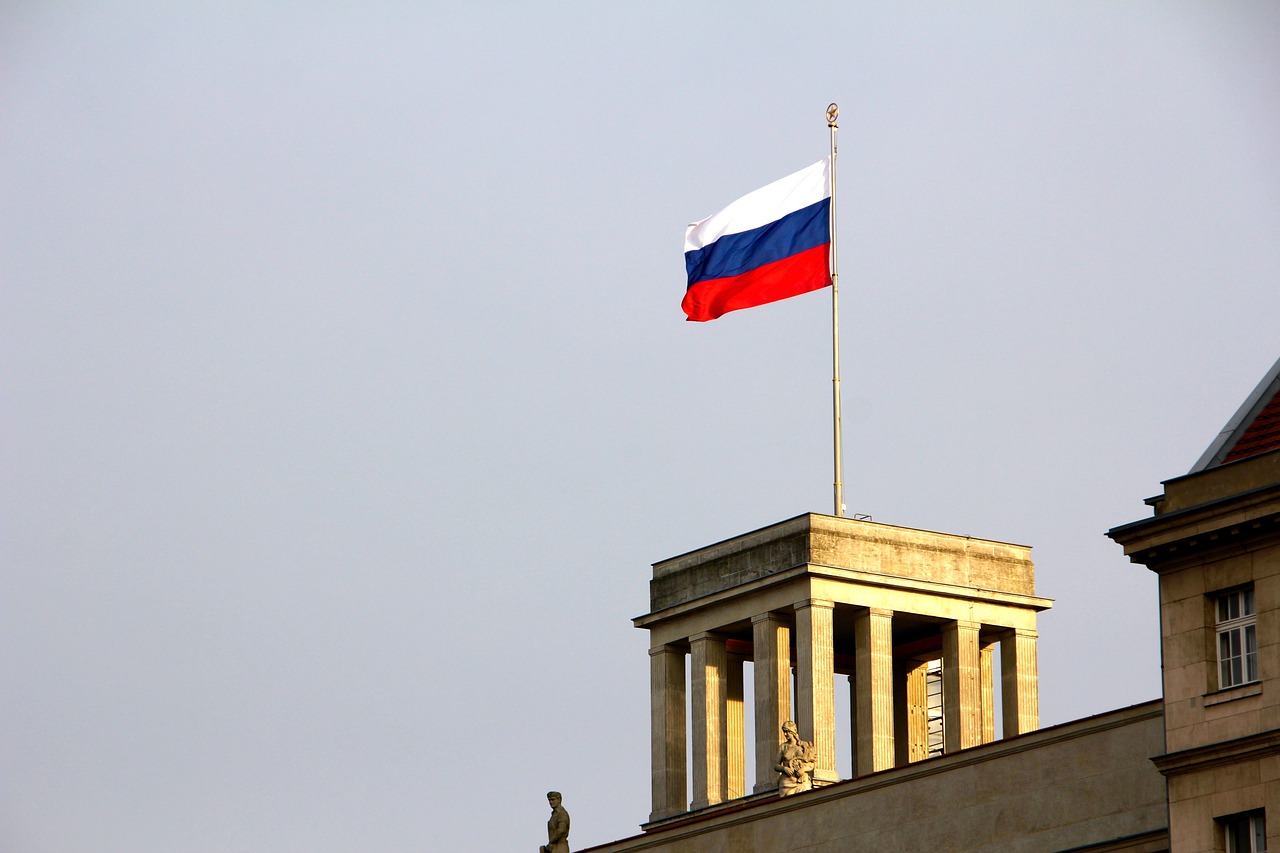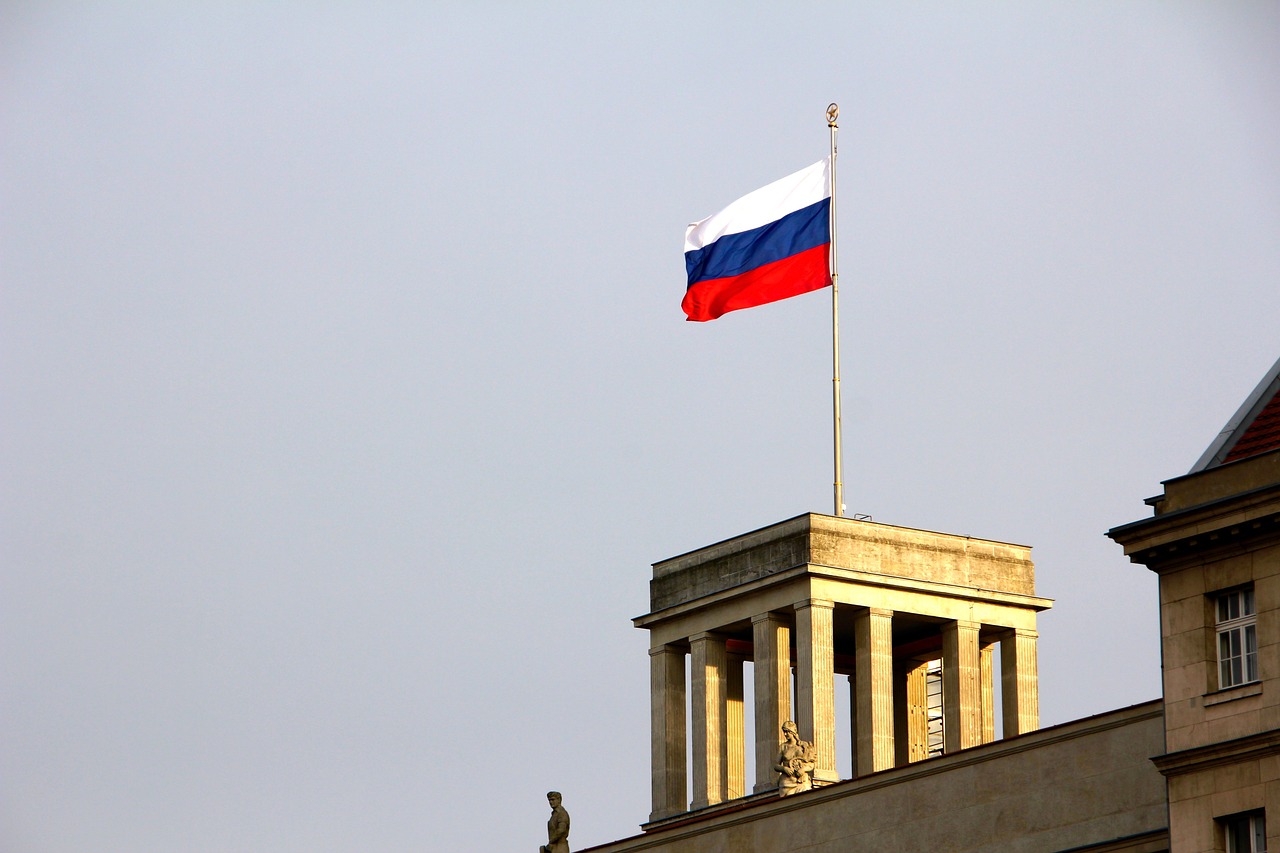Russian Parliament Passes Vital “Digital Ruble” Legislation With Plans To Start Tests In August

As momentum builds around the ‘digital ruble’, the proposed Central Bank Digital Currency (CBDC) of the Russian Federation, the country’s parliament has inched closer to the landmark legislation.
On July 11, the lower parliamentary house, the State Duma passed the bill in its third reading taking it up to the upper chambers. If passed, the legislation will be on its way to the President’s table.
The bill was introduced on the floor of the State Duma in Dec 2022 and passed the first reading in March 2023.
Under the proposed law, the Bank of Russia (BoR) will act as the operator of the CBDC infrastructure taking up the responsibility of issuance and security.
The bill also defines critical concepts like ‘users’, ‘platforms’, ‘investors’, and other participants in a bid to provide robust regulation and clear guidelines for the sector.
The Russian government rolled out plans for the CBDC to leverage blockchain technology to provide new payment alternatives and cross-border solutions to rival cryptocurrencies like Bitcoin which it described as bad for the economy and risky for citizens.
With payments and transfers at the center of the policy, users will not have savings accounts. While no fees apply to individual users, corporate clients will pay transaction fees of up to 0.3%.
Meanwhile, the Interfax news agency reported on Tuesday that Russia will commence its digital ruble pilot in August as it plans to bring the launch date closer.
Russia’s symbiotic blockchain relations
Blockchains and digital currencies have had a dicey relationship in Russia. At first Vladimir Putin, the country’s President criticized digital assets for various reasons culminating in a widespread ban.
Amidst the ban, Putin hailed the underlying technology behind cryptocurrencies calling for mass adoption to aid cross-border payments and the decoupling of financial monopolies worldwide.
The invasion of Ukraine saw Russia receive economic sanctions making it difficult for its citizens to trade globally leading to Russian companies deploying crypto assets alongside other alternatives to mitigate Western sanctions.
Following Russia’s ban from the Society for Worldwide Interbank Financial Telecommunications (SWIFT), digital asset exchanges record massive inflows for the region with many wondering whether the country would lift the ban on cryptocurrencies.
Gleb Jout, the head of Bitget Russia explained that citizens are turning to virtual assets to prevent mass inflation as a result of global sanctions.
“Even people who were not in crypto at all are now considering how to get Bitcoin, Ethereum, or USDT and save some of their money before the country hits a period of extreme hyperinflation, which is already starting now.”



